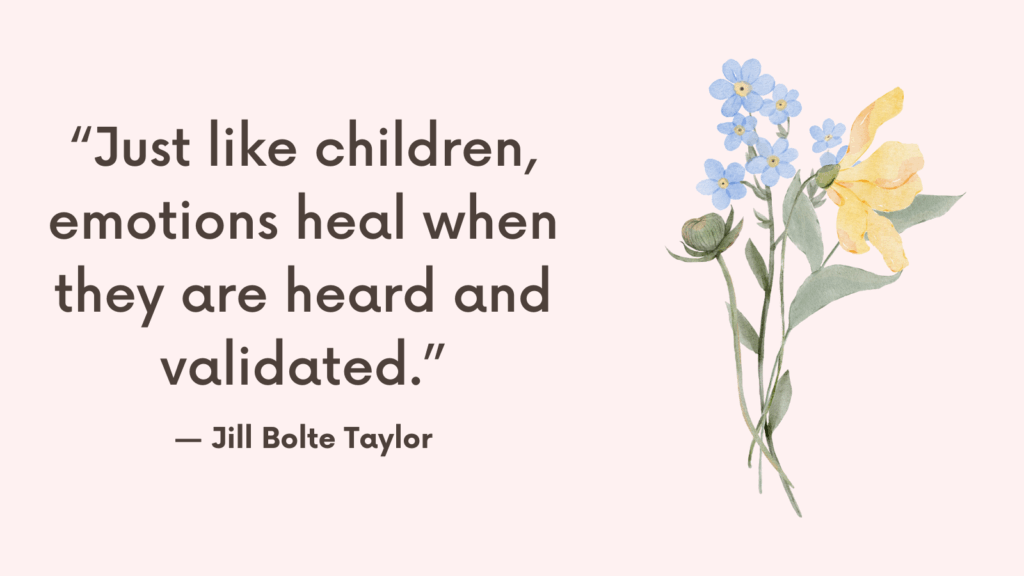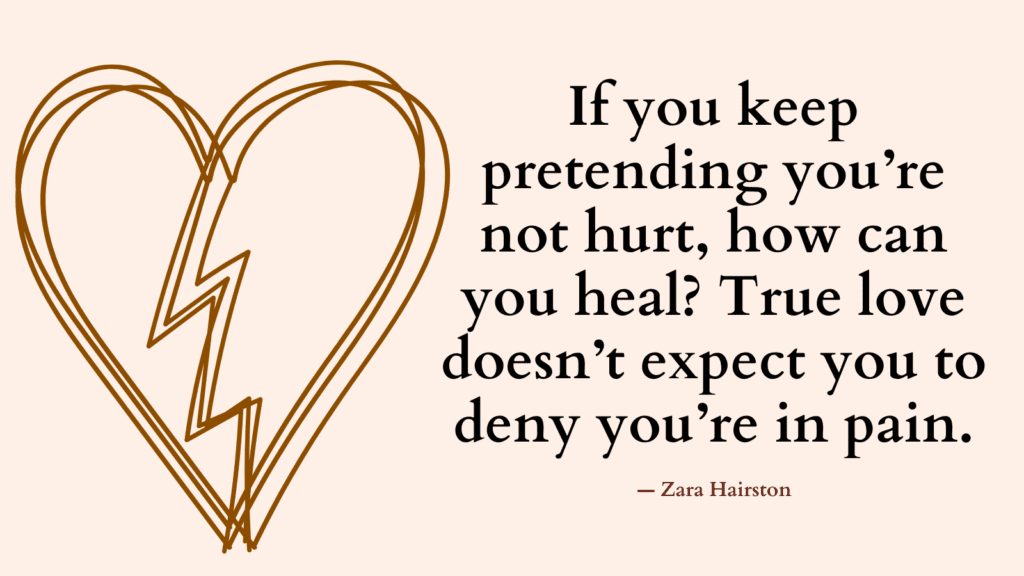Today, you’re going to find out if you’re an Adult Child of a dysfunctional family and how to recover from Adult Child syndrome.
What Is The Adult Child Syndome?
An adult child is someone who grew up under the care – or lack thereof – of alcoholics or dysfunctional parents in general.
Because of the abuse, neglect, or poor parenting judgment of their parents or primary caretakers, these adult children are facing challenges when it comes to their mental health, relationships, and even physical health.
Dr. Lindsay Gibson, a psychotherapist, and author of three self-help books on the topic, says “The adult child is often not in touch with their own interior. They are not in touch with their feelings, their instincts, their intuitions, their impulses in a way that a normal, healthy person should be.”
Related: Undermothered: How to Mother Yourself Using These Practical 10 Strategies?
Symptoms of Adult Children Syndrome
Adult children may experience a wide range of different symptoms, such as
- stress-related disorders,
- substance use disorders and other addictions,
- depression,
- phobias,
- anxiety,
- personality disorders,
- sexual dysfunction,
- intimacy disorders,
- eating disorders,
- compulsive behavior, and
- obsessions.
Regardless of the symptoms, you are an Adult Child of a Dysfunctional Family if something happened to you (1) a long time ago, (2) more than once, (3) it hurts you, and (4) you tried to protect yourself the only way you knew how and are still trying to protect yourself but it’s not working anymore.
If you’re an adult child, your symptoms will have certain characteristics that seem to hold true for most Adult Children:
- They are part of your denial system
- They give you the illusion that you are in control
- They started out as a coping mechanism for a pain that as a child you had no power to remove
- They are a way to numb your feelings and avoid them
- They are intimacy “blockers”
- They are about shame
Many of us will display adult child syndrome symptoms with varying intensity.

Breaking Family Cycles: How To Recover From Adult Child Syndrome?
Here are some steps that may help in recovering from ACS:
#1. Increase Self-Awareness
Take a step back and look at your life as if you were someone else.
The following questions can help you do that:
- How does your life feel like? Is it a good life? Does it feel fulfilling? Boring?
- Are there enough people in your life? Too many? Do you like them? Do they like you? Are they the kind of people you really want to have in your life?
#2. Get Feedback From Your Loved Ones
Another way to uncover unhealthy behaviors and issues is to get feedback from people you trust.
Does your partner feel that you have an unhealthy behavior or an issue that you’re in denial about?
Do you have anyone other than your partner with whom you can talk about “personal things”? What do they think?
#3. Accept And Express Your Emotions
It is important to acknowledge your feelings and allow yourself to express them in a healthy way.
This can be through journaling, art therapy, or talking to a trusted friend or family member.
As a practice, write or talk about a time when you felt overwhelmed with emotions. What caused those feelings? How did you cope with them? Was there anything or anyone that helped you get through that difficult time?
Reflect on what you learned from that experience and how it has shaped your perspective on handling intense emotions.
#4. Practice Self-Care
Take care of yourself physically, emotionally, and spiritually.
Focus on eating well, exercising regularly, getting enough sleep and taking time for hobbies and activities you enjoy.
#5. Join Support Groups
Support groups provide a safe space for you to connect with others who have experienced similar issues and learn from their experiences.
Find resources here:
Related: Best 15 Inner Child Exercises: How To Connect With Your Inner Child (& Heal Your Childhood Wounds)
Conclusion
Many adult children of alcoholics (CoAs) or dysfunctional families tend to be unaware that their parent or other family member is alcoholic or dependent on another drug.
This lack of awareness of the major source of the family chaos often causes extensive, destructive self blame and guilt among adult children of dysfunctional families.
The first step to recover from adult child syndrome is to become aware of the dysfunction within your family of origin and how it has affected you.
Inner Child Healing Exercises PDF
References
- Portions of this article were adapted from the book Adult Children Secrets of Dysfunctional Families: The Secrets of Dysfunctional Families, © 1988 by John C. Friel Ph.D. All rights reserved.



